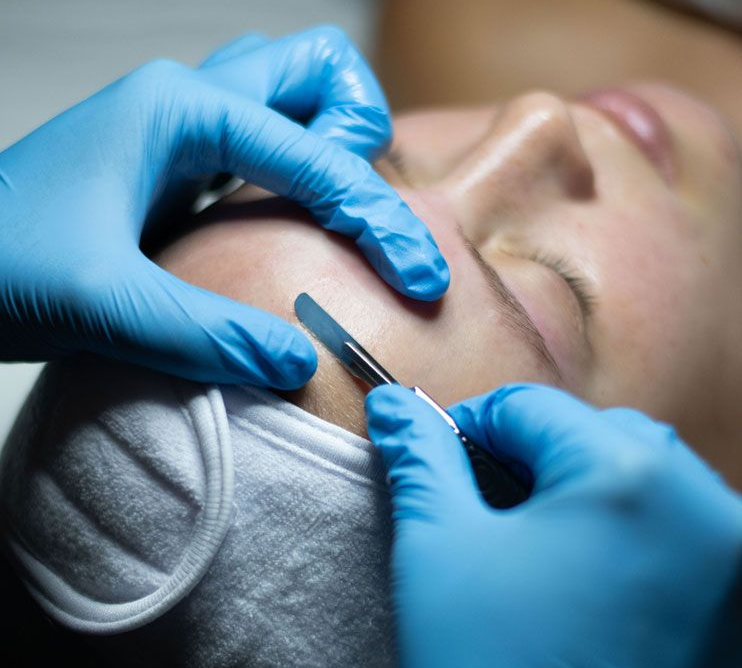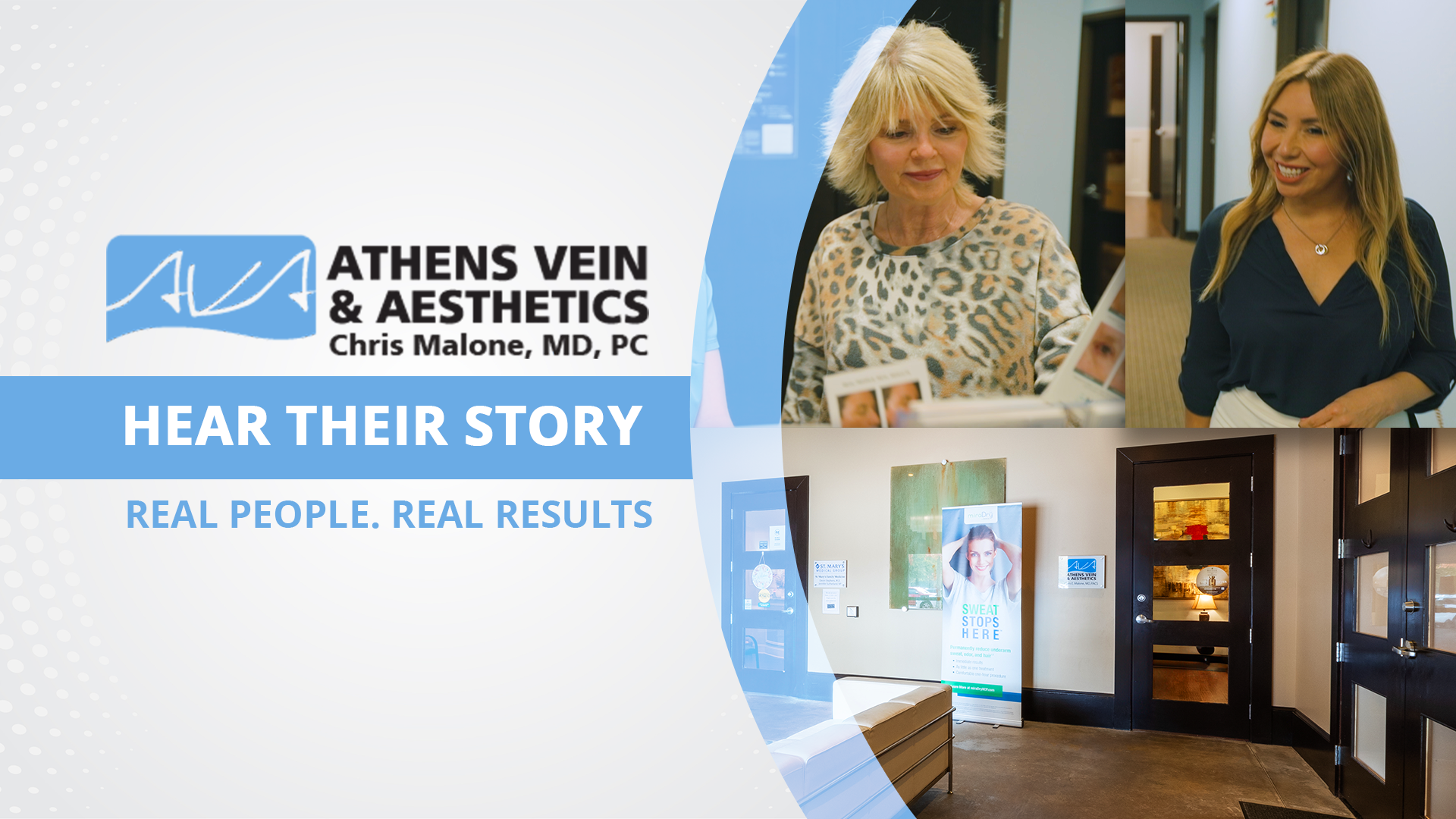October 7, 2025
Many people reach a point where diet and exercise bring them close to their goals — but stubborn pockets of fat remain, or muscle definition is hard to achieve in certain areas. That gap is where non‑invasive body contouring and toning technologies like truSculpt and truFlex come in.Together, they’re sometimes marketed under the “truBody” umbrella (i.e. truSculpt + truFlex) to offer a more holistic approach: reduce fat and improve muscle tone. Let’s break down each one. What Is truSculpt? Basic Idea & Technology truSculpt is a non‑invasive fat-reduction / body contouring technology that uses monopolar radiofrequency (RF) energy to heat the deeper fat (adipose) tissue under the skin. The heat causes fat cell damage (apoptosis or cell death), and over time the body naturally clears out the destroyed fat cells. Because it’s heat-based, there’s also a potential secondary effect of skin tightening (via collagen contraction and remodeling) in the treated areas. What to Expect (Treatment Experience, Timing, Results) Each treatment zone (e.g. abdomen, flanks and more) may take ~ 15 minutes (treatment time) per area in many cases. Because it's non-invasive, there is little to no downtime — you can typically resume normal activities right away. The feeling is often described as warm or akin to a “hot stone massage” rather than painful. Results are gradual: it may take weeks to see visible change as your body metabolizes the fat. Some sources say full results may take up to 12 weeks. One often-cited benchmark is an average ~24% reduction in fat thickness in a treated area after one session (though individual results vary). Pros & Limitations Pros: Non-surgical, no incisions, no general anesthesia Minimal downtime Usable on many body types / skin types (less limited by BMI or skin tone) Also offers some skin tightening benefit in many cases Limitations / Risks / Things to Be Aware Of: It’s not a “weight-loss” procedure — rather, it’s for targeted contouring of small to moderate fat pockets. Results vary — some people report great results, others see minimal change. There have been reports of adverse effects (e.g. burns) when the equipment or procedure is misused. Cost can be high, especially if multiple sessions or large areas are involved Because the body can still gain fat elsewhere, maintaining results requires a healthy lifestyle Who's a Good Candidate? Ideal candidates are those who: Are already near their target weight Have localized, stubborn pockets of fat resistant to diet & exercise Have realistic expectations (i.e. expecting improvement, not perfection) Are in overall good health and have no contraindications (e.g. certain medical implants, uncontrolled medical conditions, pregnancy) — a medical consultation is necessary before treatment People with very large volumes of fat or loose, saggy skin may get better results with more aggressive surgical or semi-surgical options, or combination therapies. What Is truFlex? While truSculpt focuses on fat removal, truFlex is designed for muscle sculpting, toning, and strengthening . Think of it as an “exercise substitute” for specific muscle groups, delivered non‑invasively. How It Works truFlex uses Multi‑Directional Stimulation (MDS) — electrical stimulation that triggers muscle contractions in multiple directions/fibers. It delivers thousands of contractions in a session — for example, a single 15‑minute session delivers the equivalent of up to ~ 54,000 “crunches” (depending on settings) The device has multiple modes or patterns to vary stimulation (tone, sculpt, build, etc.), customizing to individual fitness levels and goals. Over multiple sessions, studies or claims suggest it may increase muscle mass (some sources suggest up to ~ 30% increase) in treated areas.) What to Expect Each session is short — often ~ 15 minutes for a given area. No downtime — you can go about your day immediately afterward. You may begin to feel improvements (tone, firmness, strength) after a few sessions; visible changes usually take time as muscles adapt. Because it's non-invasive, discomfort is typically manageable or mild. Pros & Limitations Pros: Non-surgical, no recovery needed Complements fat reduction approaches (i.e. you can contour fat and build muscle) Great for areas that are otherwise hard to target (e.g. deep abdominals, glutes) Customizable intensity and modes for different fitness levels Limitations / Things to Watch For: It’s not a substitute for full-body exercise or cardiovascular health Gains will plateau if overused or not maintained Results could be modest depending on your baseline muscle mass and adherence Effectiveness depends heavily on consistency and integrating with healthy lifestyle Cost can accumulate over multiple sessions Combining truSculpt + truFlex: “truBody” Strategy Rather than choosing one or the other, many practices and providers offer combined protocols (fat + muscle) to maximize aesthetic outcomes. truSculpt removes fat so muscle definition is revealed more clearly truFlex tones and builds the muscles, improving shape and firmness Together, they can deliver a more complete contouring result Why Combine? How a combined treatment might look: Use truSculpt first to reduce fat in your target zones Follow up with truFlex sessions to tone the underlying muscles *Treatment can be combined on same day 3. truFlex - Maintenance treatments at least 1 once monthly after the baseline muscle is built truSculpt - periodically as needed, no sooner than 8-12 weeks apart. 4. Support it all with diet, exercise, hydration, and skin care Be aware that scheduling, device availability, and cost can vary. The provider may offer package discounts for combining the two. Things to Consider / Cautions & Questions to Ask Always ensure the provider is experienced and licensed Ask about safety protocols, calibration, and how to avoid adverse reactions Understand upfront costs, how many sessions are expected, and what maintenance looks like Realistic expectations — ask to see before/after photos, and talk to past patients or reviews Understand contraindications (e.g. pacemakers, certain implants, pregnancy, certain medical conditions) Recognize that body contouring is not a substitute for weight loss or improving overall health truSculpt and truFlex represent a modern, non-invasive pairing: fat sculpting (via radiofrequency) + muscle toning (via electrical stimulation). When used thoughtfully (and combined with a healthy lifestyle), they can help people cross that stubborn aesthetic threshold between “almost there” and “defined and sculpted.” To learn more contact Athens Vein & Aesthetics at 706-850-3444 . O ur team will create a personalized aesthetic plan just for you.











